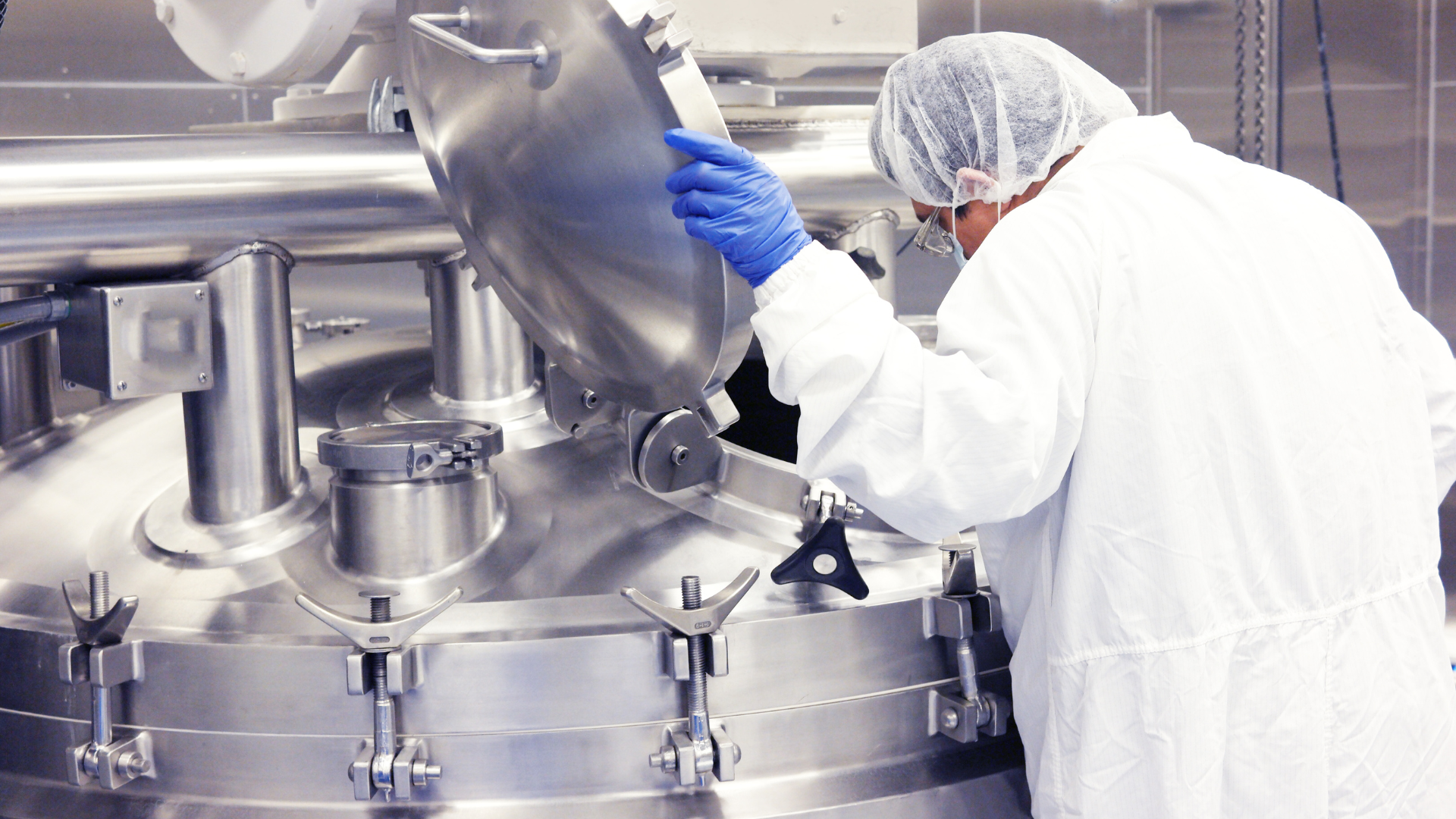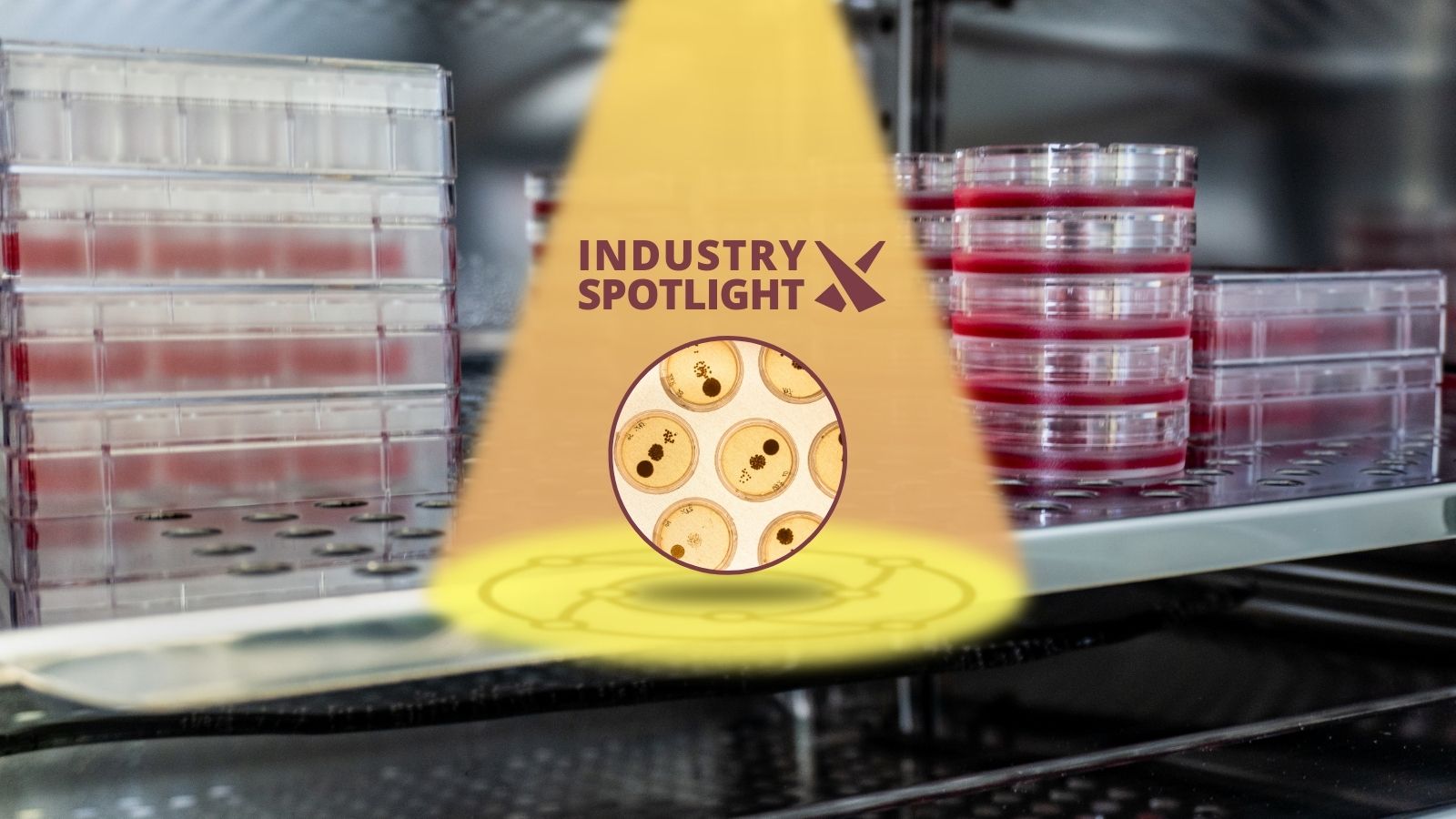Crossing the Pond: Key Considerations for Stateside Biotechs Looking to the UK and Europe

US biotechnology companies looking to establish gene therapy studies in the UK and Europe have a lot to gain from doing so.
In the past decade, there has been a boom in both cell and gene research and RNA technology, with major interest in the running of preclinical and clinical trials.
The number of academic articles reporting on cell and gene therapies rose from 2,933 in 2011 to 4,753 in 2020, with almost 400,000 patients enrolled in active trials around the world.
The UK alone accounts for over 12% of global cell and gene therapy trials, with a strong regulatory framework and well-established health infrastructure both functioning as incentives.
- Cardiff University builds Lego 3D bioprinter capable of synthesising human skin
- Integrating digitalisation with cell and gene manufacturing
- The legacy of gene knockout mice in disease modelling
Additionally, both Europe and the UK have large, diverse populations: a tempting prospect for many US biotechnology companies looking to run clinical trials.
A number of leading gene therapy research centres and academic institutions in Europe play host to similar or related studies, facilitating the conduct of high-quality gene therapy clinical trials.
However, some common hurdles can pose issues for US biotechs looking to set up their own studies in the region: these should be accounted for at the earliest opportunity to ensure efficient set up for cell and gene therapy trials.
Key Considerations for US Biotechs Setting Up Cell and Gene Therapy Trials
Site selection is one of the first considerations in trial implementation. The UK and EU have a strong tradition of academic and public clinical research, with many medical centres and public hospitals serving as important sites for clinical trials.
These are often connected to universities or public health systems: they may have strong connections to government or non-government systems that support clinical research.
At the same time, these sites may incur longer site set-up and initiation timelines than expected – particularly when compared to private clinical research sites in the US.
When carrying out a site feasibility study for a gene therapy, it is crucial to account for the current capacity of the sites, as too much competition with site resources could be an obstacle to site activities.
In the UK, sites must be registered with the Health and Safety Executive (HSE) to perform gene therapy trials, and a risk assessment must be completed for each individual task.
In the EU, the process can differ depending on the member state: as such, understanding what additional gene therapy approval is required in the specific European country is important as this can vary considerably.
Still, the successful development of mRNA vaccines during the COVID-19 pandemic along with a surge of interest in RNA technologies has sped the development of RNA-based platforms through partnerships and acquisitions.
As one example, AstraZeneca established two potentially lucrative partnerships in 2021 with VaxEquity and Ionis Pharmaceuticals.
For US biotechs willing to take the plunge, selecting sites experienced in gene therapy approaches and techniques can save a significant amount of time, helping with the long journey towards regulatory approval.
Get your weekly dose of industry news and announcements here, or head over to our Cell portal to catch up with the latest advances in cellular therapies.






